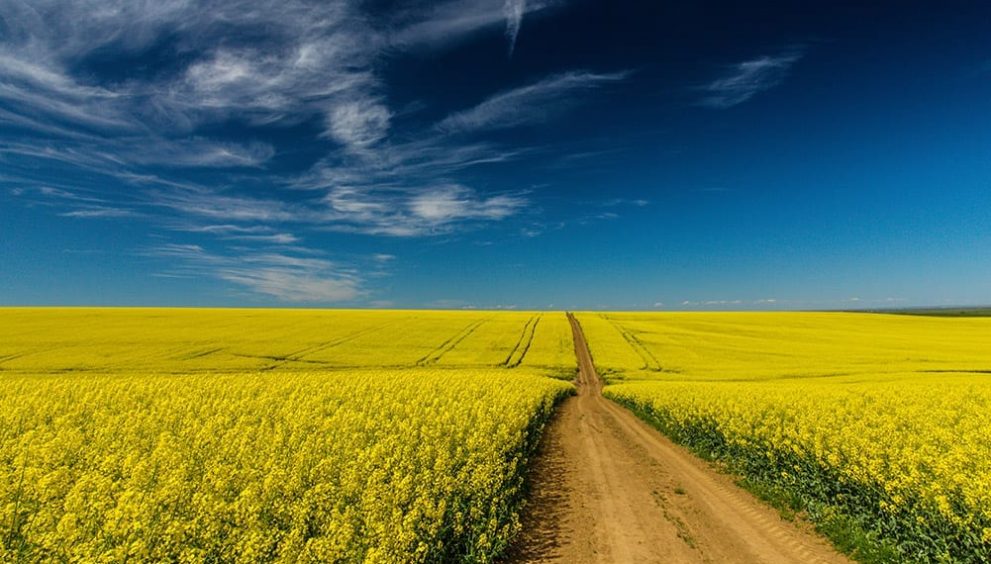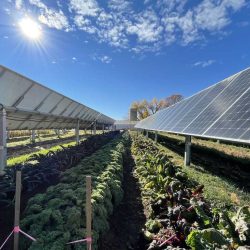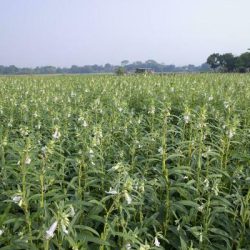Cape Town, South Africa – South Africa’s canola industry is poised for another bumper harvest, with projections for 2025 indicating a 10–15% increase in production. This follows a record-breaking 25% surge in 2024, signaling a new era of growth and sustainability for the sector.
According to the Agricultural Business Chamber of South Africa, strong yields, coupled with innovative processing and zero-waste practices, are driving the sector’s momentum. Morne Botes, commercial director at Southern Oil, a major local processor, sees the boom as a sign of the industry’s resilience. “This harvest is more than just a record—it’s a sign of the sector’s resilience, sustainability, and potential. From seed to final product, nothing goes to waste,” he stated.
The canola harvest, which typically runs from October to November, is a model of efficiency. The seeds are cleaned, crushed, and processed to separate oil and protein meal with minimal waste. The average canola seed yields 42–44% oil and 56% protein-rich meal.
Maximizing Outputs and Market Impact
The outputs from canola processing are integrated into key economic sectors:
- Retail: The refined oil is a staple in various consumer products, including cooking oils, mayonnaise, and dressings, supplying local brands such as B-Well.
- Animal Feed: The protein-rich meal and residual oil are used as high-value components in animal feed for the dairy and poultry industries, contributing to increased yields.
Local processors are gaining a competitive edge by investing in advanced technology, such as high-efficiency vegetable oil crushers. This not only improves the quality of the final products but also strengthens South Africa’s position in the global agri-processing landscape.
Sustainability and Strategic Partnerships
Canola’s positive impact extends beyond economic gains. The crop serves as a natural nitrogen fixer, replenishing soil nutrients and enhancing fertility for subsequent plantings. Additionally, the zero-waste operations at processing facilities reinforce circular economy principles, ensuring every part of the seed is utilized.
The rising consumer demand for locally produced, traceable, and ethically sourced ingredients has been a key driver of the industry’s rapid expansion. Strategic partnerships, such as the collaboration between Southern Oil and Woolworths, are expanding canola’s footprint in food innovation.
With the 2025 harvest just two months away, the industry is optimistic. Botes concludes that canola is “not only delivering record yields, but it is also slowly reshaping the future of South African agriculture, driving sustainable practices, strengthening local economies, and delivering products that consumers trust.”




